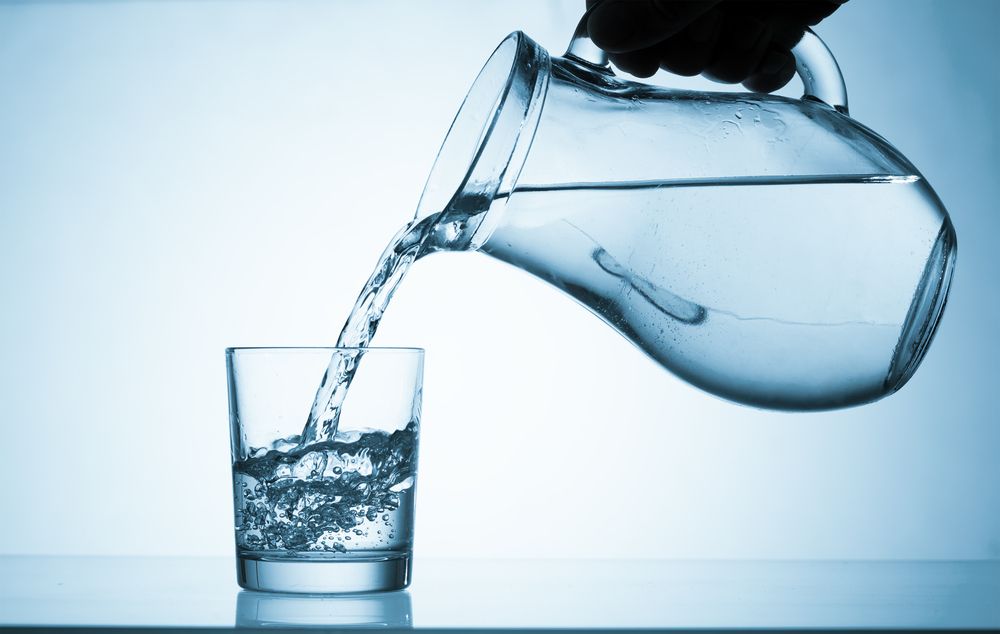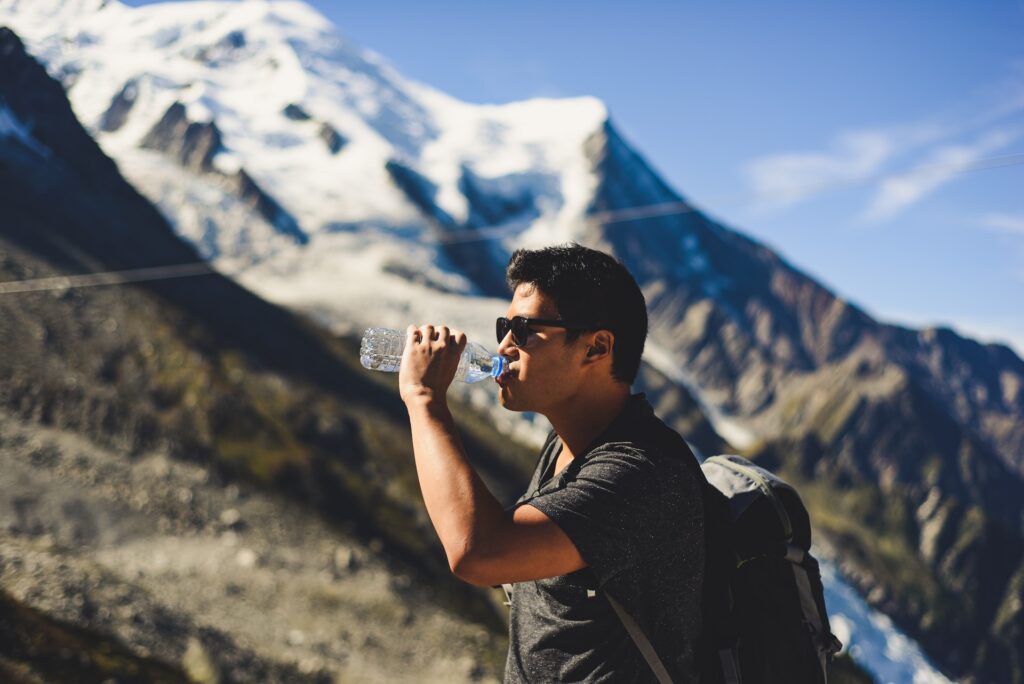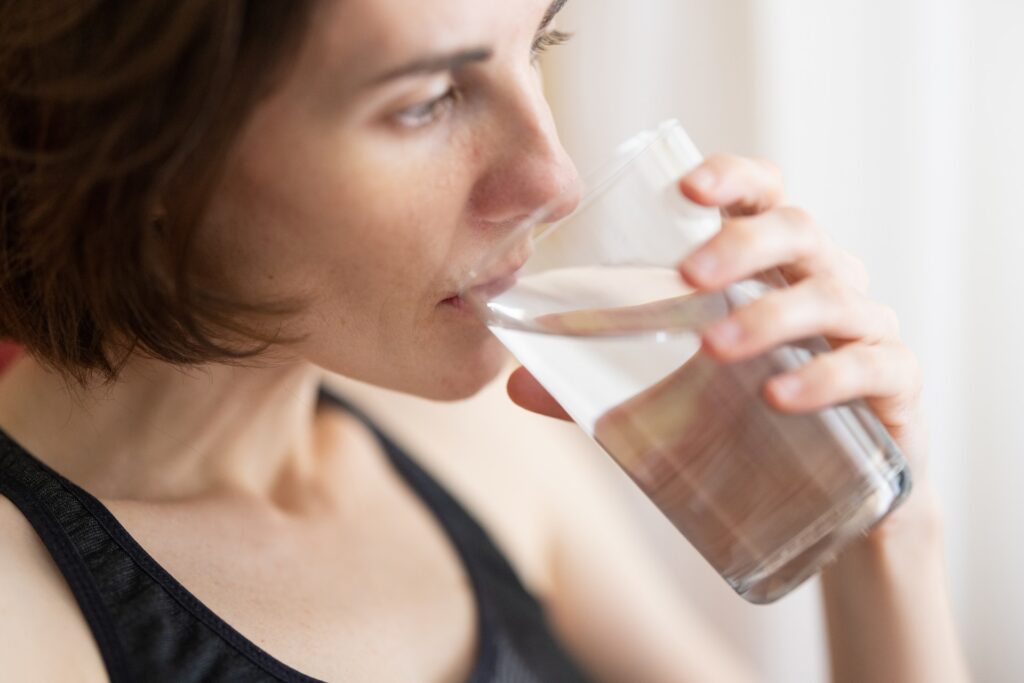Water is a fascinating and essential element of life, but not all water is created equal. When it comes to our daily hydration and various household needs, we often encounter different types of water. Two of the most common varieties are tap water and distilled water. In this comprehensive guide, we will dive deep into the world of water, exploring the differences between tap water and distilled water, addressing common questions, and even discovering how you can make your own distilled water at home.
Part 1: Tap Water vs. Distilled Water
1.1 Composition and Sources
Tap Water:
Tap water, also known as municipal water, is the water that comes directly from your faucet. It’s sourced from local rivers, lakes, or underground wells, depending on your location. This water is treated and processed to meet safety standards, which often include the addition of chemicals like chlorine and fluoride.
Distilled Water:
Distilled water, on the other hand, is created through a process called distillation. This method involves boiling water, capturing the steam, and then condensing it back into a liquid. Distilled water is devoid of minerals, chemicals, and impurities present in tap water, making it one of the purest forms of water available.
1.2 Purity and Impurities
Tap Water:
While tap water is generally safe to drink, it can contain varying levels of minerals, like calcium and magnesium, as well as contaminants, depending on your location and the quality of the water treatment. These minerals can give tap water its unique taste and mouthfeel.
Distilled Water:
Distilled water is almost entirely pure H2O, as the distillation process effectively removes impurities, minerals, and chemicals. It’s neutral in taste and is often used in scientific experiments, medical procedures, and even in irons and car batteries.
1.3 Uses and Applications
Tap Water:
Tap water is versatile and readily available. It’s perfectly suitable for drinking, cooking, and many household tasks like washing dishes and doing laundry. However, the presence of minerals can lead to mineral buildup in appliances over time.
Distilled Water:
Distilled water’s purity makes it ideal for applications that require water with no impurities, such as in steam irons, car radiators, and medical equipment. It’s also commonly used in laboratories for experiments and in automotive batteries to prevent mineral buildup.
Part 2: Debunking Common Myths
2.1 Is Distilled Water Just Boiled Tap Water?
No, distilled water is not merely boiled tap water. The distillation process involves boiling tap water to create steam, and then condensing that steam back into a liquid. This process removes impurities and minerals, making distilled water purer than tap water.
2.2 Can I Make My Own Distilled Water?
Yes, you can make your own distilled water at home using a simple distillation setup. Here’s how:
Materials you’ll need:
- A large pot
- A heat-resistant bowl
- A lid that fits the pot
- Ice
- A smaller container
- Some tap water
Steps:
- Place the smaller container inside the large pot.
- Pour tap water into the pot, making sure the water level is below the top of the smaller container.
- Place the lid upside down on the pot. This will act as a funnel to collect the distilled water.
- Bring the water in the pot to a boil.
- Place ice on top of the inverted lid.
- As the steam rises, it will hit the cold lid and condense into the smaller container as distilled water.
Note: While this DIY method works, it may not be as pure as commercially distilled water due to the potential presence of volatile compounds that boil at a temperature close to water.
The Tap Water and Distilled Water Ratio
The tap water and distilled water ratio is not typically a set formula because it depends on your specific needs. However, there are some general guidelines you can follow:
- Drinking: For everyday drinking, tap water is perfectly fine and economical. You can consume tap water as is. If you prefer distilled water for its neutrality of taste, you can mix it with tap water to dilute it, typically using a 1:1 ratio.
- Household Use: For activities like cooking, washing dishes, and doing laundry, tap water is the go-to choice. Using distilled water for these tasks would be unnecessarily expensive.
- Special Applications: If you need water for a specific application that requires high purity, such as in a steam iron or medical equipment, use 100% distilled water.
FAQs
Q1: Is tap water safe to drink?
Yes, tap water is safe to drink in most developed countries, thanks to rigorous water treatment processes. It’s regularly tested for safety, but the taste and quality can vary from place to place.
Q2: Does distilled water expire?
Distilled water itself doesn’t expire, but it can become contaminated if not stored properly. It’s best to store it in a clean, sealed container to maintain its purity.
Q3: Is distilled water healthier than tap water?
Distilled water isn’t necessarily healthier than tap water for everyday consumption. While it lacks the minerals found in tap water, these minerals can be beneficial for your health in moderate amounts.



